The U.S. Dept. of Commerce is expected to release its final determination on the antidumping/countervailing duties (AD/CVD) circumvention case affecting the solar industry on May 1, 2023. Solar panel manufacturers have been submitting their case briefs to the DOC this month to influence a final decision.
History
In December 2022, Commerce preliminarily decided that Chinese solar cell and panel producers were working in four Southeast Asian countries as a way to avoid paying duties on Chinese-made solar goods. AD/CVD have been in place against Chinese solar imports since 2012, and Commerce suggested that the duties be extended to silicon solar cell and panels exported from Cambodia, Malaysia, Thailand and Vietnam.
Specifically, the preliminary decision extends AD/CVD to crystalline silicon cells using Chinese wafers and final panels made with Chinese wafers that also use three of the following Chinese-made materials: silver paste, aluminum frames, glass, backsheets, ethylene vinyl acetate sheets and junction boxes. Wafers produced outside of China with Chinese polysilicon are not considered to be wafers produced in China.
The tariffs were suggested for all exports out of the Southeast Asian countries, except from four individual companies that were investigated and found to not be circumventing the tariffs: New East Solar (Cambodia), Hanwha Qcells (Malaysia), JinkoSolar (Malaysia) and Boviet Solar (Vietnam).
This investigation has hung over the U.S. solar industry for over two years. A group of anonymous solar panel manufacturers first asked Commerce to take a look in 2021 at specific Chinese solar panel manufacturers working in Southeast Asia as a way to circumvent AD/CVD requirements. Commerce rejected that petition because of the anonymous nature of the petitioners. California-based solar panel assembler Auxin Solar then put its name on a new petition in 2022 and has been the main voice behind the request. Auxin officials claim that Chinese solar producers working in Southeast Asia are unfairly pricing their products to undercut American manufacturers.
President Joe Biden stepped in and announced a two-year pause on any additional tariffs in June 2022 to “ensure the U.S. has access to a sufficient supply of solar modules to meet electricity generation needs while domestic manufacturing scales up.” The final tariff decision in May will not go into effect until after June 6, 2024 due to Biden’s executive action.
New developments
Solar panel manufacturers have been submitting their summaries and rebuttals to the DOC throughout March. A major point of contention is Commerce’s new “wafer-forward” ruling. The AD/CVD parameters of 2012 placed tariffs on the silicon cell and forward to the module. The country point of origin was determined to be where the p-n junction is activated, which happens at solar cell development. The December 2022 preliminary decision shifted the tariff rules back one step to the silicon wafer.
Companies found to be circumventing the tariffs in December 2022 were circumventing based on the new wafer-forward rules. They were under compliance based on the previous cell-forward requirements, but now the rules have changed.
Companies looking for clarification on this new ruling include JinkoSolar, Trina Solar, Canadian Solar, Silfab, LONGi, Maxeon and more.
While the wafer-forward step-back is likely a small win for petitioner Auxin Solar, who appears to be aiming for no Chinese inputs in any imported solar products, the California panel company expressed displeasure with Commerce’s decision that wafers produced outside of China with Chinese polysilicon were not under investigation. Auxin stated in documents that this provides a “Get Out of Jail Free” card to silicon solar producers who rely exclusively on Chinese inputs but “merely slice Chinese-origin polysilicon ingots into wafers outside of China.” Nearly 80% of the world’s polysilicon comes from China.
North American panel manufacturer Silfab called Auxin’s Monopoly-game reference ironic because “Auxin is the only producer of [crystalline silicon] products that has requested circumvention remedies at all — effectively seeking to monopolize this process in direct contravention to Silfab USA’s interests, and the interests of the domestic solar industry as a whole.”
No other crystalline silicon solar panel manufacturer has come out in support of Auxin. The AD/CVD extension’s only other supporter is CdTe thin-film manufacturer First Solar, whose solar panel products are not included in the circumvention investigation.
Future points
Commerce will release its final decision on May 1. Tariff rates are not included in circumvention investigations, but Clean Energy Associates released some information on how they may be set:
Also possibly coming down the pike is a Congressional Review Act (CRA) vote that could overturn President Biden’s two-year tariff pause. A bipartisan group of lawmakers introduced the resolution in the House of Representatives, while eight Republicans introduced the bill in the Senate on Feb. 16. A CRA law allows Congress to reverse federal rules with a simple majority. The CRA expires if it is not passed within 60 days of introduction.
If the CRA would pass both chambers, President Biden would have the ability to veto the measure (which is likely since it was his original executive order). A two-thirds majority in both chambers could then overpower the presidential veto.
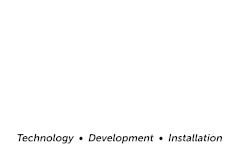
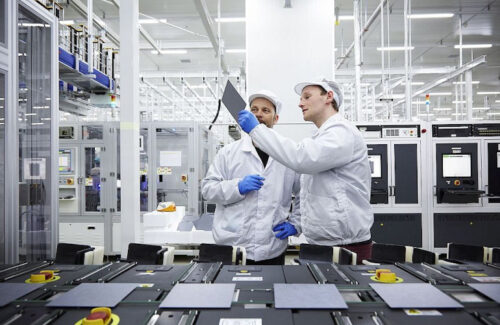
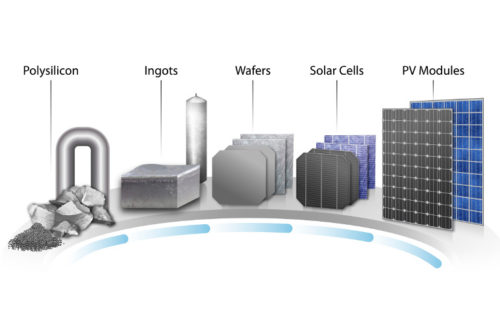
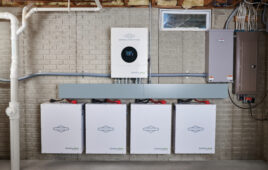
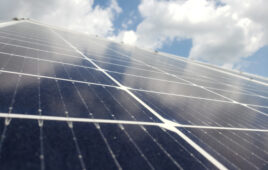
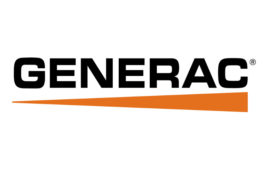

Tell Us What You Think!